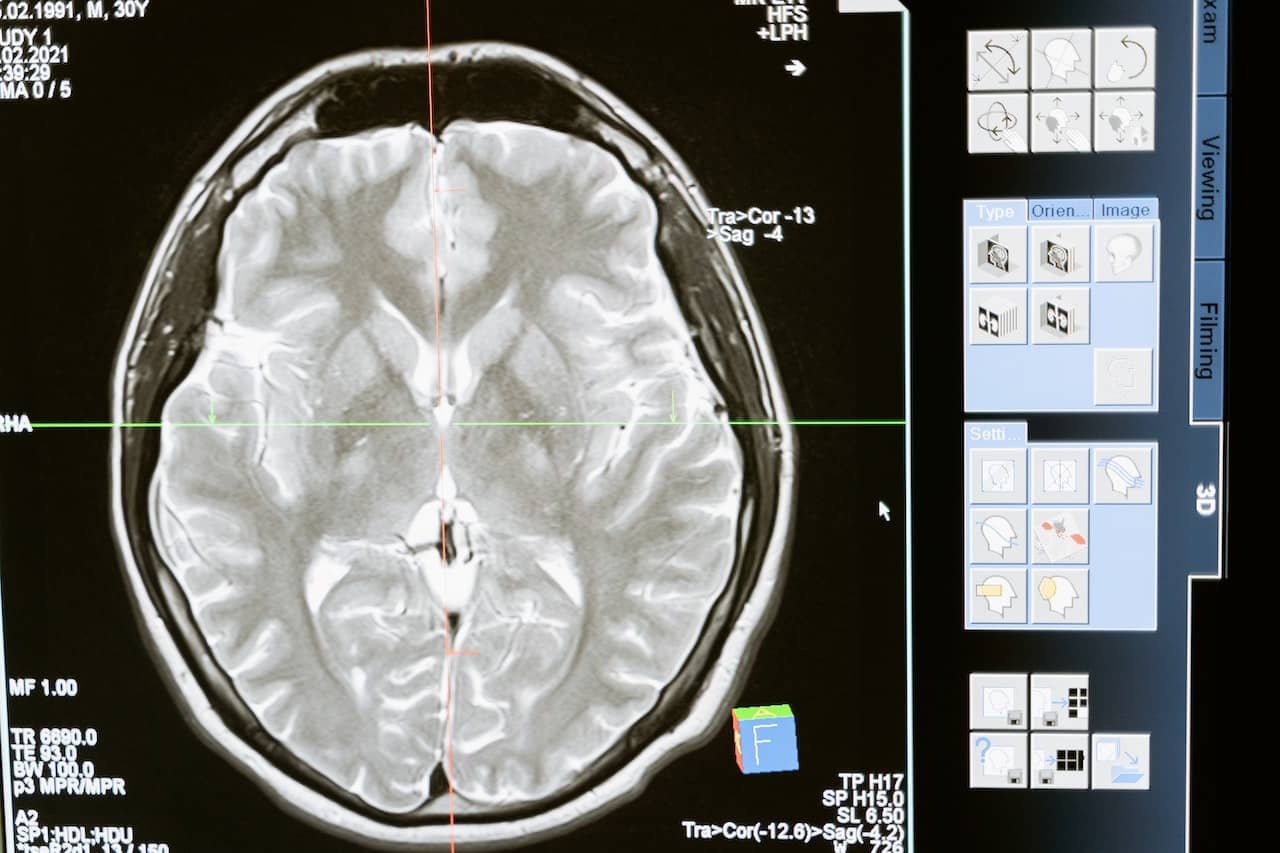Cognitive fatigue in traumatic brain injury (TBI) is a complex phenomenon that significantly impacts the lives of those affected. Managing this fatigue is crucial for improving the overall well-being of individuals dealing with the aftermath of a traumatic brain injury. In this article, we’ll delve into the intricacies of cognitive fatigue, explore its effects, and discuss effective assessment and management strategies.
The Journey of Fatigue After Brain Injury
From the moment a traumatic brain injury occurs, an individual embarks on a unique journey—one that involves navigating through the challenges of cognitive fatigue. Imagine the brain as a complex computer system. When an injury disrupts its intricate network, it’s as if the system experiences glitches, and one of the most noticeable glitches is cognitive fatigue.
Cognitive fatigue is more than just feeling tired; it involves a profound mental exhaustion that can affect various aspects of daily life. Simple tasks that were once performed effortlessly may suddenly become overwhelming. It’s like trying to run a marathon with a brain that feels like it’s stuck in a sprint.
The Effects of Cognitive Fatigue
Concentration becomes a scarce resource, attention wavers like a flickering light bulb, and memory resembles a scattered jigsaw puzzle. It’s not merely a matter of feeling tired; it’s a challenge to function in a world that demands cognitive agility.
Assessing the extent of cognitive fatigue is the first step in addressing its impact. In the UK, healthcare professionals employ a comprehensive approach to evaluate cognitive fatigue in individuals with traumatic brain injuries. This assessment involves not only clinical evaluations but also conversations with patients and their loved ones to gain insights into the day-to-day struggles they face.
The Art of Assessment: Unravelling Cognitive Fatigue
Assessing cognitive fatigue is akin to peeling back the layers of an onion—each layer revealing a different aspect of the individual’s cognitive abilities. In the UK, healthcare providers use a combination of standardised tests and personalised assessments to gauge the severity of cognitive fatigue.
These assessments may include tasks that measure attention span, memory recall, and the ability to switch between different cognitive functions. Additionally, clinicians delve into the individual’s daily routine, exploring how cognitive fatigue influences their activities, relationships, and overall quality of life.
Making a Serious Injury Claim with National Claims
In the unfortunate event of a traumatic brain injury, seeking compensation is a critical aspect of the journey toward recovery. National Claims, with its commitment to supporting individuals through their challenging times, offers a pathway to making a serious injury claim. From providing expert advice to facilitating the claims process, National Claims stands as a reliable ally for those navigating the aftermath of a traumatic brain injury.
Crafting a Personalised Management Plan
Once the assessment uncovers the unique challenges posed by cognitive fatigue, the next crucial step is devising a personalised management plan.
In the UK, healthcare professionals work closely with individuals to identify specific triggers for cognitive fatigue. These triggers could be environmental factors, such as noise or bright lights, or internal factors, such as stress and anxiety. By pinpointing these triggers, a tailored management plan can be crafted to mitigate their impact.
Strategies for Navigating Cognitive Fatigue
Managing cognitive fatigue is not a one-size-fits-all endeavour. Just as every individual is unique, so too are the strategies employed to cope with cognitive fatigue after a traumatic brain injury.
Pacing Strategies
Imagine running a marathon: pacing is crucial to avoid burning out too quickly. Similarly, individuals with TBI often benefit from pacing themselves throughout the day. This involves breaking tasks into smaller, manageable chunks and allowing for rest periods to recharge.
Environmental Modifications
Creating a conducive environment is paramount. In the UK, healthcare providers work with individuals to identify and modify elements in their surroundings that may contribute to cognitive fatigue. This could involve adjusting lighting, minimising noise, and organising spaces to reduce cognitive load.
Mindfulness and Relaxation Techniques
Mindfulness isn’t just a buzzword—it’s a powerful tool for managing cognitive fatigue. Techniques such as deep breathing, meditation, and progressive muscle relaxation can help individuals regain control over their mental state, reducing the impact of fatigue.
The Ongoing Journey: Life After Cognitive Fatigue
Managing cognitive fatigue is an ongoing journey. It requires resilience, adaptability, and a collaborative effort between healthcare professionals, individuals, and their support networks.
In the UK, a holistic approach is emphasised, recognising that cognitive fatigue extends beyond the clinical setting. Support groups, educational resources, and ongoing communication with healthcare providers contribute to a comprehensive strategy for navigating life after a traumatic brain injury.

Conclusion
In conclusion, cognitive fatigue in traumatic brain injury is a multifaceted challenge that demands personalised attention and tailored solutions. Through thoughtful assessment and strategic management, individuals can regain control over their cognitive abilities, paving the way for a more fulfilling and empowered life after brain injury. And with the support of National Claims, the journey becomes not just a solitary path but a guided and supported expedition toward recovery.
Start your claim with the help of one of our claims specialists by contacting us today.
Click below to see why we are one of the most trusted claims management companies in the UK.

We’re proud of our excellent customer reviews
We thrive on delivering exceptional service and ensuring our clients’ satisfaction. Don’t just take our word for it. Check out some of our independent reviews to see what our clients have to say.
Excellent

This firm is excellent, they sorted out my car pay out and injury claim very fast, they always communicate with you all the time.

My accident case was dealt with confidence and with great result of the outcome, especially James kept me informed all the time.

I was very impressed at the way my inquiry was treated. I was listened to attentively and everything I needed to know was explained to me.






